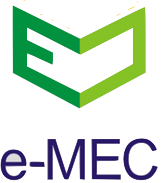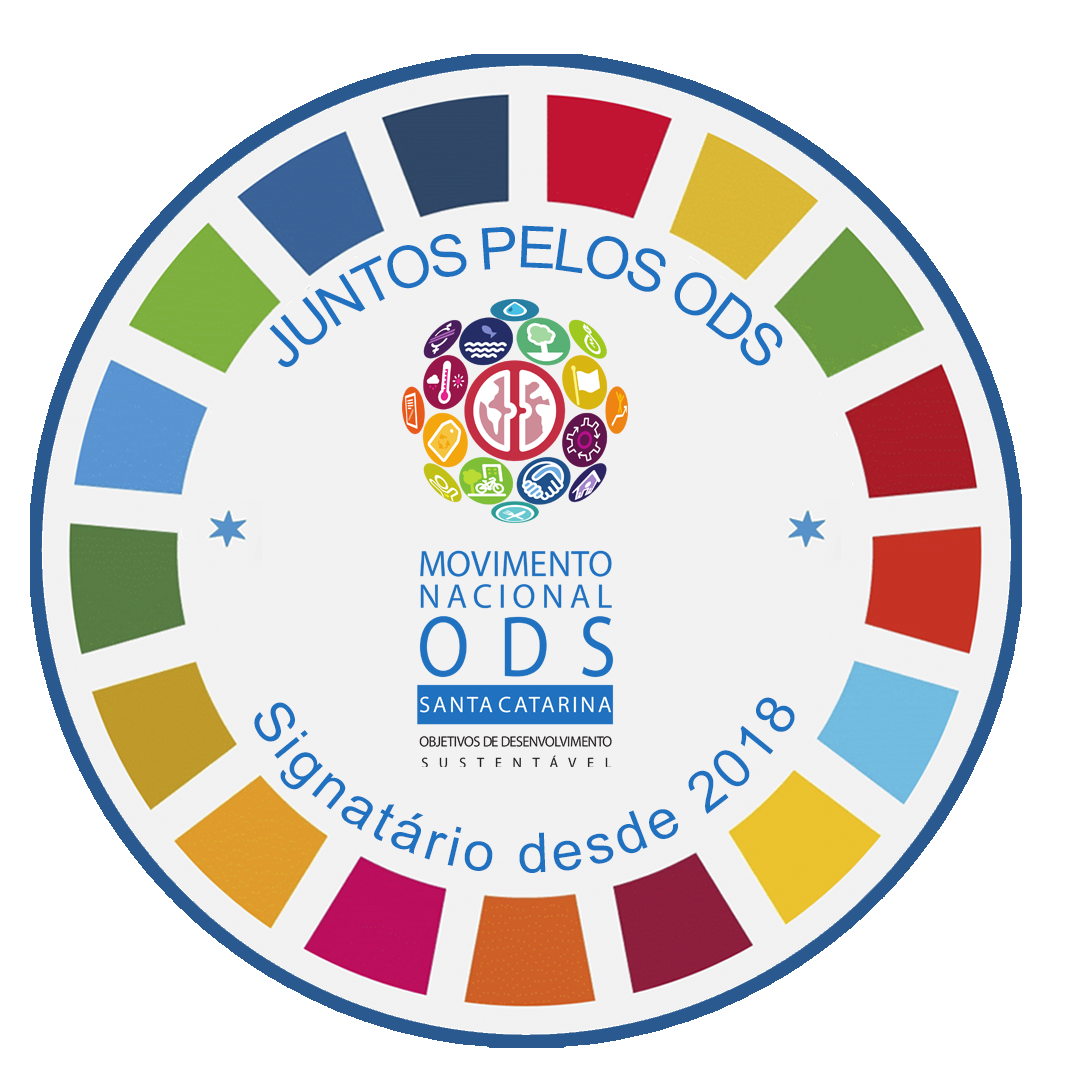.png)
.png)
About the Program
Unochapecó LLM (Master of Law) Program is a twenty-four-month taught master's degree Program commencing at the beginning of March each year and finishing in February of the second subsequent year. The LLM, as a master's degree, is intended for those who wish to pursue further legal studies after completing their first degree in law, including those who are considering an academic career or intending to practice law.
The aim of the Unochapecó LLM (Master of Law) Program is to be a reference in theoretical, empirical and applied research on citizenship rights, especially in aspects related to Socio-Environmentalism, Governance, Environmental Law, Sustainability, International Law, Transnational Normativity, State and Non-State Actors, Migration, Public Policies, Innovation and Taxation.
The purpose of the Unochapecó LLM (Master of Law) Program is to train professionals in the legal field to work as professors and researchers in undergraduate and graduate courses, lawyers, advisors, consultants, court and state employees, public managers, entrepreneurs and qualified opinion makers, with a view to implementing legal practices that lead to the promotion of citizenship rights, in aspects related to the topics researched in their fields of research and professional activity.
Learning Outcomes
Professionals formed in the Unochapecó LLM (Master of Law) Program will be able to:
- Develop analyses on legal issues related to citizenship, using theoretical and methodological instruments from different scientific fields, essential for the interpretation of contemporary social dynamics, such as Legal Theory, Sociology and Anthropology.
- Develop theoretical and applied research on relevant problems in the regional context, considering national and international insertions, in the interfaces between Society, Law, Innovation, Environment, State, Development, Transnational Normativity and Non-State Actors.
- Participate in scientific research and academic cooperation networks.
- Teach with an investigative and proactive spirit of pedagogical practices that promote academic autonomy for teachers and students, as exercises in citizenship.
- Act with ethics, autonomy and security in different fields of legal practice, as an agent of transformation of Law and Society.
Course duration
- 24 months
- Start of the academic year: March (annually)
The graduate student must complete:
- 23 (twenty-three) credits in subjects (mandatory and optional);
- 06 (six) credits in the preparation of the dissertation;
- at least 01 (one) credit for participation in complementary academic activities, according to the Program's regulations.
UNOCHAPECÓ LLM (MASTER OF LAW) PROGRAM
E-mail: ppgd@unochapeco.edu.br
Phone: (49) 3321-8090
.png)
.png)
LINES OF RESEARCH
Line 1 - Law, Sustainability and Socio-Environmentalism
Syllabus: Socio-Environmental Conflicts and Justice; Human Rights, Sustainability and the Environment; Environmental Law and Governance.
Objective: To develop empirical and theoretical research on the configurations of citizenship in the face of the challenges imposed by the socio-environmental crisis on the legal field, and also to interpret the role of law in regulating activities that use natural resources or that, in any way, may cause negative impacts on the environment (natural, cultural, artificial and labor) and on society and in ensuring levels of social quality adequate to meet the needs of current generations, without compromising the enjoyment of future generations.
Line 1: Professors
Arlene Anélia Renk - PhD in Social Anthropology
Reginaldo Pereira – PhD in Law
Silvana Winckler – PhD in Law
Line 2 – Law, Transnormativity and International Actors
Syllabus: International Law and Transnational Normativity; Transnational Territoriality and Migration; International Actors and Governance with and without Government.
Objective: To develop theoretical and empirical research within the scope of transnational legal relations (bilateral, multilateral and global), as well as on the role played by state and non-state actors in regulating society and its dynamics, and their impacts on access to justice, human rights, migration and governance.
Line 2: Professors
Giovanni Olsson – PhD in Law
Idir Canzi – PhD in Law
Luciane Aparecida Filipini Stobe – PhD in Law
Marcelo Markus Teixeira – PhD in Law
Odisséia Aparecida Paludo Fontana – PhD in Law
Line 3 – State, Development and Innovation Law
Syllabus: Innovation Law and Intellectual Property; State, Taxation and Public Policies; Governance, Public Management, Cooperation and Multidimensional Development.
Objective: To develop theoretical and empirical research on the contemporary context of plurality of agencies, public and private institutions and other actors from which regulations, technologies, innovations and policies emanate that have repercussions on multidimensional development, in a regulatory environment suitable for innovation, and on the roles of the State in promoting development, with taxation as one of the mechanisms that guarantee public policies.
Line 3 – Professors
Andréa de Almeida Leite Marocco – PhD in Law
Cristiani Fontanela – PhD in Law
Giovanni Olsson – PhD in Law
Idir Canzi – PhD in Law
Luciane Aparecida Filipini Stobe – PhD in Law
Odisséia Aparecida Paludo Fontana – PhD in Law
Reginaldo Pereira – PhD in Law
PROCESSO SELETIVO DISCENTE 2024 - Campus de Chapecó
- INSCRIÇÕES PRORROGADAS ATÉ 11 DE NOVEMBRO DE 2024
Confira as novas datas aqui.
Confira o edital aqui.
Os anexos do Edital do Processo Seletivo Discente 2024 encontram-se disponibilizados na página em "documentos úteis" (https://www.unochapeco.edu.br/mestrado-direito/downloads/1)
Bolsas de estudos
As modalidades de bolsas de estudos destinadas aos Programas de Pós-Graduação Stricto Sensu da Unochapecó estão contempladas junto aos editais dos processos seletivos no item "Bolsas de Estudos".




